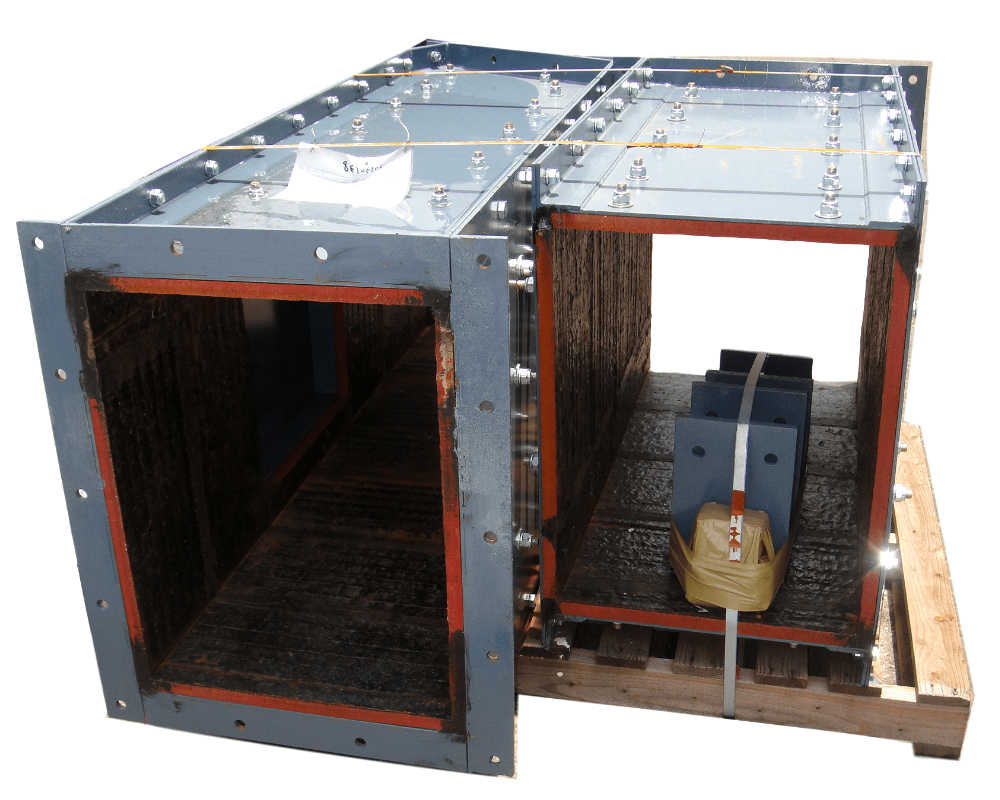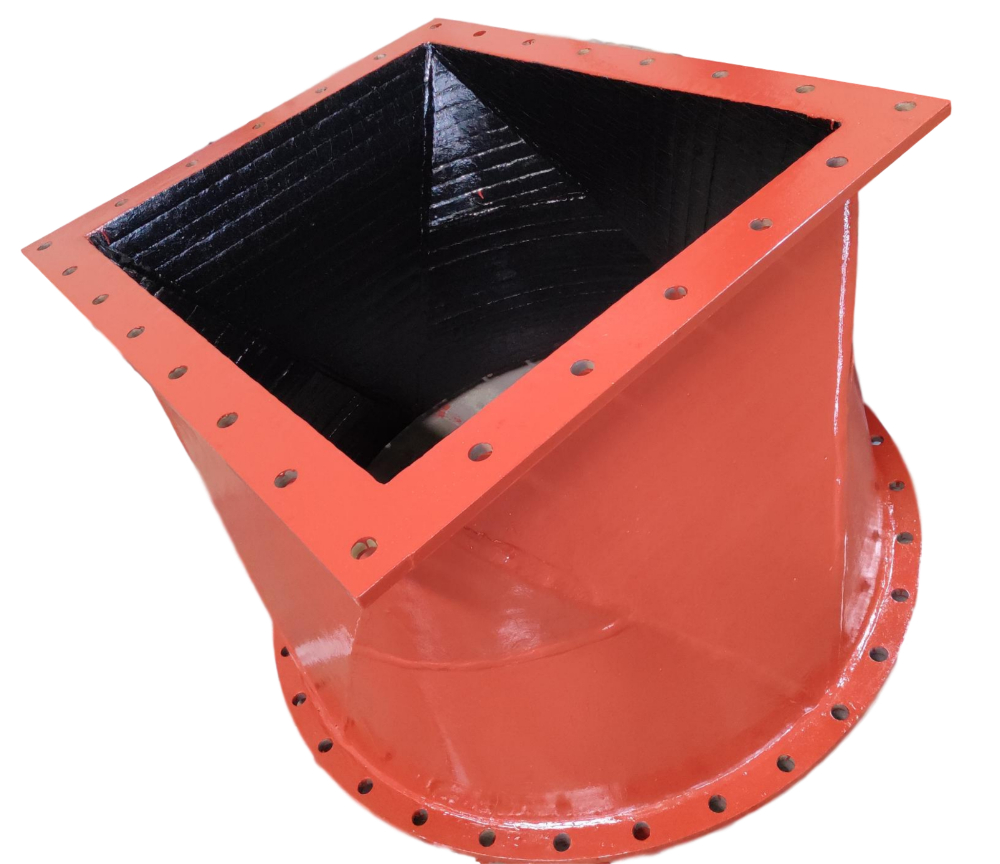Maintaining your commercial floor machine in good condition is vital for several reasons:
Firstly, it ensures that your floors remain clean and presentable, which is crucial for maintaining a professional environment. Secondly, regular maintenance can significantly extend the lifespan of your equipment, saving you money in the long run by preventing costly repairs. Lastly, a well-maintained machine operates more efficiently, reducing downtime and enhancing productivity.
When purchasing a commercial floor machine, it's important to understand that it requires consistent care rather than occasional attention. Neglecting routine maintenance can lead to decreased performance and premature wear and tear. These machines are designed to handle heavy-duty tasks but still need periodic checks and upkeep to function optimally.
For instance, if your commercial floor machine is used daily, you'll need to perform maintenance more frequently compared to those used less often. Refer to your user manual or contact the manufacturer for specific guidelines tailored to your model.
General maintenance tasks include regular cleaning, calibration, inspection, lubrication, and replacing worn parts. Cleaning the machine after each use prevents dirt buildup that could impair functionality. Calibration ensures that brushes and pads fit correctly and operate under optimal pressure settings.
Inspecting the machine regularly allows you to spot issues early before they escalate into major problems. Lubrication keeps moving parts functioning smoothly, extending the machine's life. Parts like brushes, pads, and recovery tanks may need replacement over time due to normal wear and tear.
Here are some practical tips to keep your commercial floor machine running smoothly:
1. **Regular Monitoring**: Keep an eye on the machine's performance by checking pressure gauges, recovery tanks, chemical levels, and heating elements after each use. Record these readings to track any changes or anomalies.
2. **Thorough Cleaning**: Always clean your machine thoroughly post-use. This includes wiping down external components and visually inspecting for damages or debris trapped within moving parts.
3. **Filter Replacement**: Replace filters and cloths used with cleaning solutions regularly. Cyclonic machines might require filter changes after every use, while disposable cloths should be swapped out after around five uses. Vacuum hoses should also be cleared of hair and debris using a brush.
4. **Chemical Management**: Ensure sufficient cleaning solution levels to avoid damaging the machine or compromising cleaning quality. Use a level indicator if available or refill buckets after about five uses. Inspect hoses for leaks and replace them promptly if found.
5. **Battery Care**: If your machine runs on batteries, always charge it fully after usage. Monitor battery health; if it discharges faster than usual, consider replacing it.
6. **Brush Rotation**: Rotate brush rolls during cleaning sessions to prevent warping or fraying. Similarly, check belts driving these rolls for signs of wear and replace them accordingly.
7. **Lubrication Points**: Identify key lubrication spots such as hinge joints or axle connections. Clean these areas if they accumulate dust or grime and apply silicone spray to prevent future accumulation.
8. **Oil Checks**: Like any machinery, your floor cleaner needs regular oil checks. Add fresh oil when necessary and ensure no excess remains that could harm internal components.
9. **Hose and Pad Inspection**: Periodically examine hoses for clogs caused by dirt accumulation. Opt for lighter rubber alternatives if blockages persist. Also, evaluate floor pads for wear; replace them once they show significant deterioration.
By following these steps, you'll ensure that your commercial floor machine operates effectively for many years. Proper maintenance not only preserves its functionality but also enhances its longevity, providing reliable service throughout its lifecycle.
Chute Liner
With
the excellent abrasion resistance and strength, HP Chute Liners are widely
being applied as good wear solution.
We
can design and build chutes for any application. We specialize in the
construction of our own HP chromium carbide plate. However, we can also make
chutes from hardened steel such as mild steel, stainless steel and AR steel.
Feature
1.
Good surface finish
2.
Accurate size on fabrication parts
3.
Quenching and tempering to obtain better wear resistance.
4.
High wear & impact resistance, high weldability and easy installation.
Our service
1.
Produce qualified wear resistant parts
2.
Design and installation of boltless mill liners
3.
Under certain working conditions, the mill liner material selection consulting
service will be realized for a longer time service life
4.
Grinding machine production and fineness improvement consulting services.
5.
We can provide OEM / ODM to our customers.
Typical
applications of HP Chute Liners
· Ore Terminal: bulk
materials handling, stacker reclaimers, bunkers, hoppers, chutes, transfer
cars, vibro-feeders.
· Sintering plant – Intensive
mixers, drum mixers, hoppers, cyclones, sinter discharge tables / crash decks,
sinter crusher spikes and grizzly bars, wind boxes, downcomers, dedusting and
waste gas fan rotors and casings, hot and cold vibratory screens etc.
· Coking plant – chutes,
hoppers, coke distribution cones, coke pushers, coke crushers, coke cutter,
coal pulverizer liners, coke screening etc.
· Blast furnace – hoppers,
distribution chutes, skip cars, bell and hopper assembly, throat amour plates,
vibro-feeders, gas scrubbing, screening decks etc.


Discharge Funnel Parts,Hardfacing Chute Liners,Chutes Hopper Liners,Mill Abrasion Linings
HuiFeng Wear Resistant Group , https://www.hpwearsolution.com

